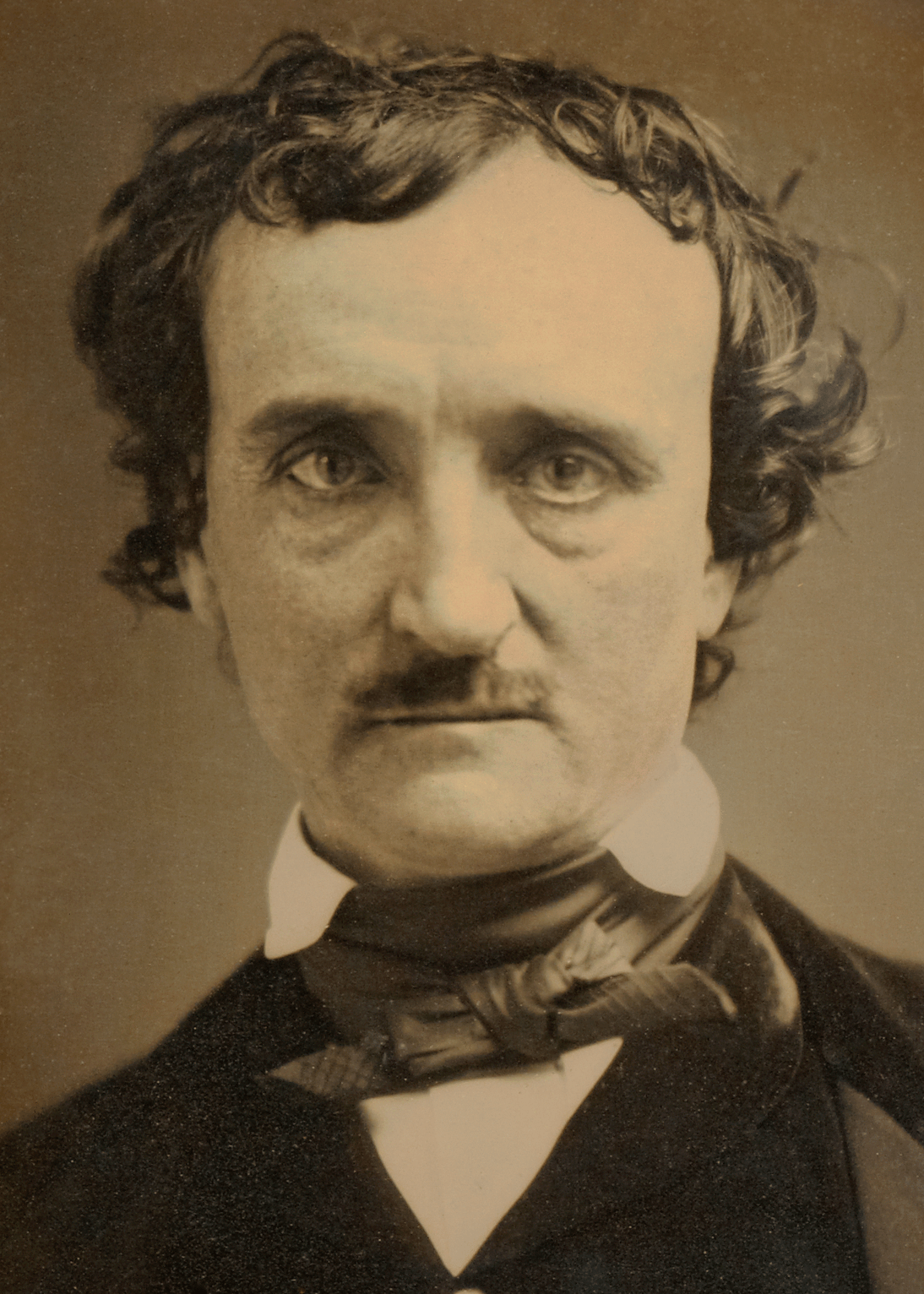Last Updated on October 1, 2023 by
Edgar Allan Poe born in (January 19, 1809 – October 7, 1849) was an American poet, editor, and literary critic who lived from 1809 to 1849. Poe’s poetry and short stories, notably his tales of mystery and the macabre, are his most well-known works. He is largely considered as a pivotal figure in both American Romanticism and American literature. Poe was a pioneer of the short story in the United States, and is often regarded as the creator of the detective fiction genre, as well as a substantial contribution to the burgeoning science fiction genre. Poe was the first well-known American writer to make a living solely from his writing, which led to a financially tough life and career.

Table of Contents
Early Life
Poe was the second child of actors David and Elizabeth “Eliza” Poe, and was born in Boston. In 1810, Poe’s father abandoned the family, and when his mother died the following year, John and Frances Allan of Richmond, Virginia, took him in. He was never formally adopted, but he stayed with them until he was a young adult. He enrolled in the University of Virginia but dropped out after a year due to financial difficulties. He had a falling out with John Allan about money for his studies and gambling debts. In 1827, he published his first book, Tamerlane and Other Poems, under the pseudonym “a Bostonian,” after enlisting in the United States Army under a false name.
Writing Career
Poe shifted his concentration to prose and worked for literary journals and publications for the next many years, developing a reputation for his own brand of literary critique. His job required him to relocate to locations such as Baltimore, Philadelphia, and New York City. Virginia Clemm, his 13-year-old cousin, he married in 1836, but she died of disease in 1847. Poe’s poem “The Raven” was published in January 1845 and was an instant hit. He had planned for years to publish his own journal, The Penn (later renamed The Stylus), but he died in Baltimore on October 7, 1849, at the age of 40, under mysterious circumstances before it could be published. The cause of his death is unknown, but it has been attributed to a variety of factors including disease, alcoholism, and substance abuse.
Military
Poe was unable to support himself, so on May 27, 1827, he enlisted as a private in the United States Army under the name “Edgar A. Perry.” He pretended to be 22 years old despite the fact that he was only 18 years old. For five dollars a month, he first served at Fort Independence in Boston Harbor. In the same year, he published his debut book, Tamerlane and Other Poems, a 40-page anthology of poetry with the byline “by a Bostonian.” Only 50 copies of the book were printed, and it attracted very little notice. On November 8, 1827, Poe’s regiment was sent to Fort Moultrie in Charleston, South Carolina, and traveled via sea on the brig Waltham. Poe was promoted to “artificer,” an enlisted artisan in charge of shell preparation.
Publishing Career
Poe began more genuine attempts to establish his career as a writer after his brother’s death, although he selected a tough time in American publishing to do it. He was one of the first Americans to make a living solely through writing, and his efforts were hampered by the lack of an international copyright law. Instead of paying for fresh work by Americans, American publishers frequently published unauthorized reproductions of British masterpieces. The Panic of 1837 had an especially negative impact on the business. American journals grew rapidly at this time, spurred in part by new technology, yet many of them only lasted a few issues. Publishers frequently refused to pay their writers or paid them far later than promised, and Poe resorted to blackmail on several occasions.
Death
Poe was discovered delirious on the streets of Baltimore on October 3, 1849, “in extreme agony, and… in need of immediate assistance,” according to Joseph W. Walker, who discovered him. He was brought to the Washington Medical College, where he died at 5:00 a.m. on Sunday, October 7, 1849. Poe couldn’t stay awake long enough to explain how he’d ended himself in such a bad situation, and he was dressed in clothes he didn’t own. On the night before his death, he is believed to have frequently yelled out the name “Reynolds,” though it is unclear to whom he was referring. Poe’s final words, according to some reports, were “Lord help my miserable soul.” All medical records, including Poe’s death certificate, have been lost.
Poe’s death was published in newspapers at the time as “brain congestion” or “cerebral inflammation,” euphemisms for death from shady causes like drinking. The exact reason of death is yet unknown. Delirium tremens, heart disease, epilepsy, syphilis, meningitis, cholera, carbon monoxide poisoning, and rabies have all been suggested. According to one story dating back to 1872, Poe’s death was caused by cooping, a type of election fraud in which residents were forced to vote for a specific candidate, which often resulted in violence and even murder.
Read more on Britney Spears








